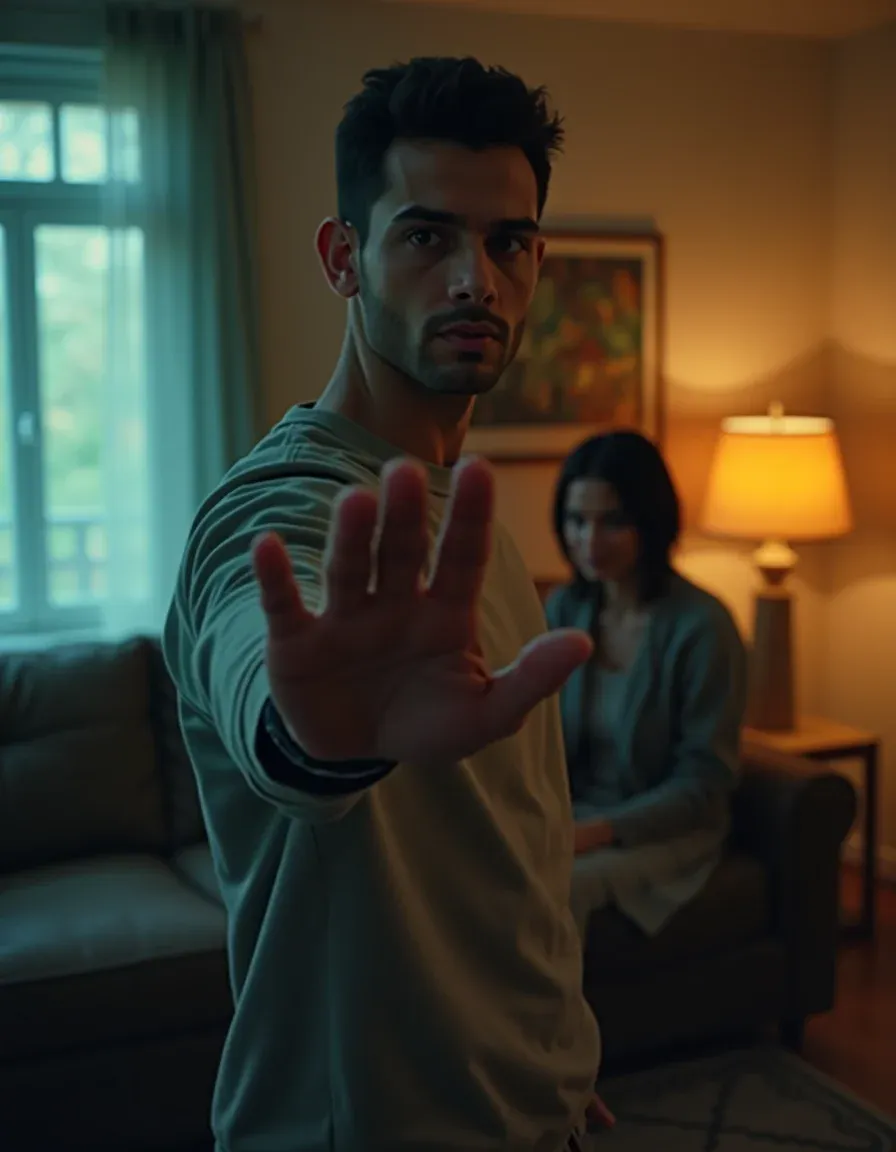Is a Slap Ever Okay? Men on Boundaries, Playfulness, and Red Flags
Some men call it playful; others say one slap was the last straw. Read candid accounts, spot the red flags, and get clear, practical steps to protect yourself and find support.

So here’s the question
Has a woman ever hit or slapped you? Plenty of men say yes. Others say never. And some draw a hard line: even once would be a deal-breaker.
The range of experiences
- Some guys in their 40s and 50s say they’ve never been hit in anger—heated arguments, sure, but no slaps.
- Some people describe “playful slaps” from partners. Fun can be fine—if it’s mutual, wanted, and stops the second you say stop. Otherwise, it’s not playful.
- Others share serious incidents: jealousy-fueled hitting, spitting, and stalking. One man says he was struck while holding a newborn and then threatened with a false report because he was “bigger.” Fear of not being believed is real.
- Childhood stories pop up too—being hit by a parent leaves marks you can’t always see.
- A stubborn myth sticks around: “girls can’t hurt guys.” That idea excuses harm. It needs to go.
What’s healthy vs. not
- Healthy: touch that’s mutual, safe, and genuinely wanted by both people.
- Not okay: hitting in anger, “jokes” that leave marks, or using size/gender to minimize harm.
- Even a “one-time slip” is yours to treat as a hard boundary. Your line is valid.
Red flags to watch
- Jealousy used as a reason to shove, slap, or “teach a lesson.”
- Minimizing: “It didn’t hurt,” “You’re bigger,” “It was just a joke.”
- Retaliation threats: “I’ll call the cops; they’ll believe me.”
- Escalation: stalking, monitoring, or isolating you from work and friends.
If it happens
- Get safe first. Leave the space. If kids are involved, prioritize their safety.
- Document injuries and damage (photos, dates, screenshots). Save everything.
- Tell someone you trust. Don’t go through it alone.
- Seek support. Domestic-violence services exist for men too; counselors can help with safety planning.
- Consider reporting. Laws protect victims regardless of gender. If the first response isn’t helpful, ask for a supervisor or consult an attorney.
Context and facts
Intimate partner violence isn’t one-way. Research shows both men and women can be victims and perpetrators, though severity and patterns vary. For a broader picture, start here: Domestic violence and Domestic violence against men. Stigma and disbelief keep many men quiet, which skews what we see.
Being strong doesn’t mean absorbing hits. It means protecting your boundaries.
Bottom line
Love doesn’t slap. If someone hits you—playful or not—your comfort is the line. You’re allowed to say, “That’s not okay,” to leave, and to get help. You’re not overreacting. You’re respecting yourself. If you’re in immediate danger, call emergency services.




